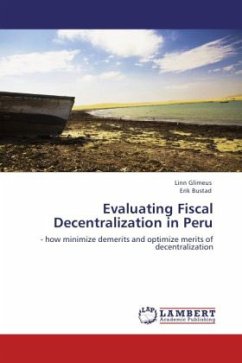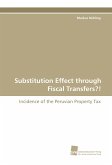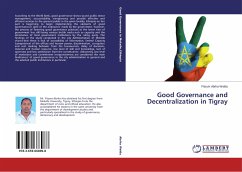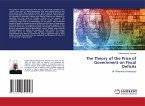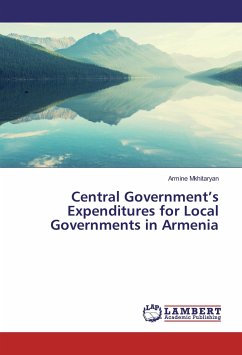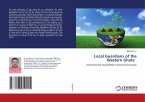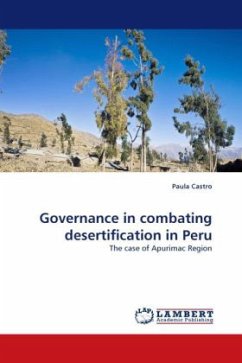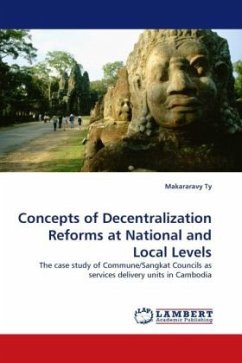This book evaluates Peru s decentralization reform in 2002 and focuses on the fiscal decentralization and tax collection of subnational governments. By identifying the obstacles of the Peruvian process this becomes a contribution to the research of how minimize demerits, and optimize merits of decentralization. The writers argue that Peru s heterogeneous nature and large inequalities makes it difficult to successfully transform the country according to the original reform. Also, the Peruvian government face the dilemma of how to simultaneously increase subnational independence while keep the national unity intact.
Bitte wählen Sie Ihr Anliegen aus.
Rechnungen
Retourenschein anfordern
Bestellstatus
Storno

